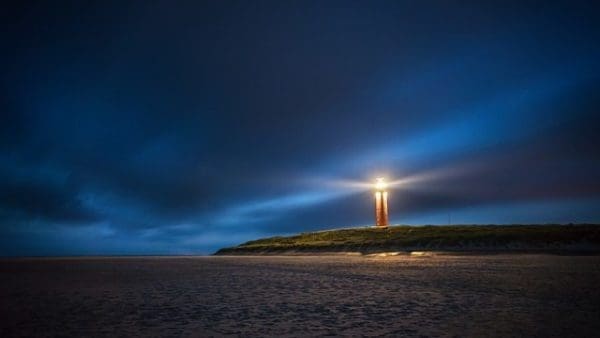 Canada is on a journey of healing. But in many ways, we’re travelling through uncharted territory. Few of us understand what needs to happen or where it will lead.
Canada is on a journey of healing. But in many ways, we’re travelling through uncharted territory. Few of us understand what needs to happen or where it will lead.
The Truth and Reconciliation Commission published a report and a call to action in 2015. It’s consistent with United Nations documents on human rights and it provides a roadmap for the way forward.
As a Canadian with no Indigenous ancestry, I’m very thankful for the path we’re on and for the people who are guiding us. As the world emerges from the devastation of the 20th century, we finally see a glimmer of hope.
It’s no secret that as the fur trade ended in Canada, so did the co-operation between European and Indigenous cultures. In the name of progress, First Nations children were forcibly removed from their homes and told to take on a new identity. I see the impact of these actions every day in my work at a high school with a large Indigenous population.
I also see people working very hard to rectify the situation. I see Indigenous culture taking a front seat in our approach to learning. I see children taking pride in who they are. I see a growing awareness of what has happened. I see respect and compassion for what their elders have suffered. I can see the vision of the Truth and Reconciliation Commission Report as we move forward, and I’m thankful, as a professional educator, to be welcomed into the process.
There’s a great deal to be learned about generosity from our First Nations peoples. And while walking to work one day through my beautiful northern British Columbia community, I couldn’t help but be overwhelmed with a sense of gratitude. My ancestors left their homes to escape oppression under the Ottoman Empire, and it’s very unlikely that I’ll ever be able to return there. Here, however, I have found a home among a people with a warm spirit who tell me that I belong. How can I feel anything but thanks?
There’s much to be grateful for in the reconciliation process as well.
When we know we’e done wrong, there’s a sense of guilt and unworthiness. How ever we try to cover it up, it’s still present. Admitting guilt brings some freedom, but we know in our hearts that we need to take the next step and approach those who we’ve hurt.
When we’ve been harmed, it’s easy to remain a victim and blame those who hurt us for the seemingly insurmountable challenges we face. We gain strength when we decide that we won’t allow the crimes of others to hold us back. We gain true freedom when we forgive our oppressors.
The entire process reaches its highest level when those who have done the harm and those who have been hurt come together in a spirit of reconciliation. Yes, wrong has been done. Yes, we’re sorry. Yes, we’re forgiven. Now we can embrace, move forward together and be a light for a broken world.
The Truth and Reconciliation Commission has done us a great service, as do our politicians when they have the courage to implement their plan. I’m grateful for the leaders in our schools who enable us to put this plan into action in our own small ways in our classrooms, and I’m thankful to be a part of the healing process.
Although it may seem impossible when we look at the problems around us, we need to be mindful of the world we’re creating for future generations. Our country will recover and there will be no more highways of tears.
Through our efforts and the efforts of billions of other good people around the world, this spirit of reconciliation will spread to the places that many of us fled, and they too will move forward together in peace.
Gerry Chidiac is an award-winning high school teacher specializing in languages, genocide studies and work with at-risk students.
For interview requests, click here. You must be a Troy Media Marketplace media subscriber to access our Sourcebook.
The views, opinions and positions expressed by columnists and contributors are the author’s alone. They do not inherently or expressly reflect the views, opinions and/or positions of our publication.


